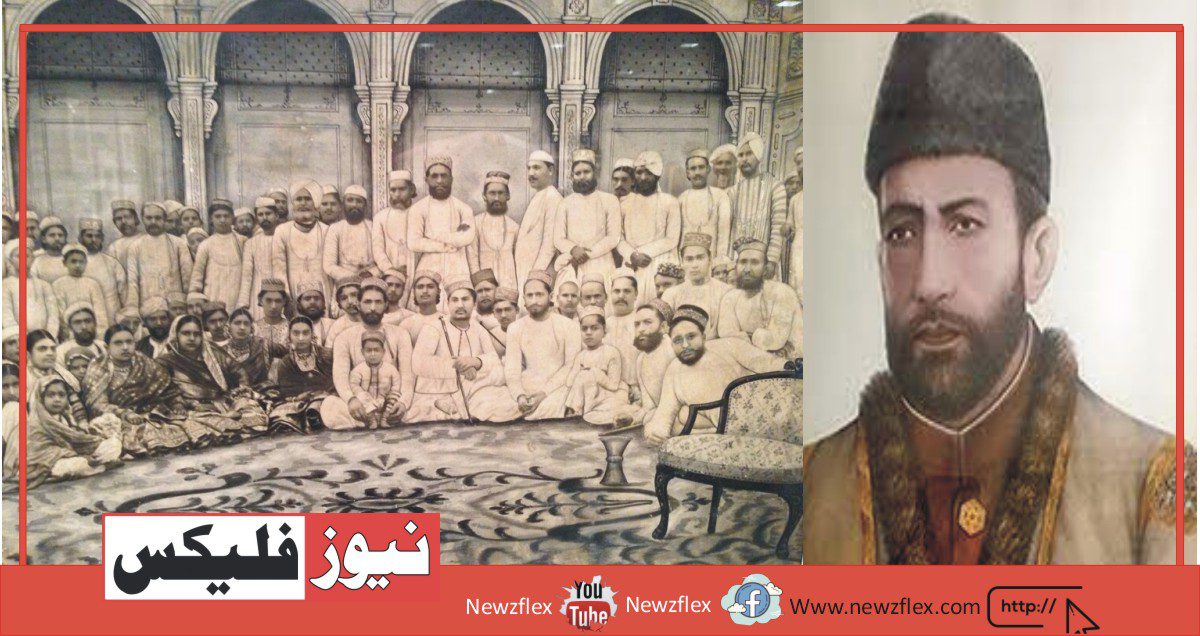Hakim Ajmal Khan
Hakim Ajmal Khan Hakim Ajmal Khan was born in Delhi on 12th Feb 1863. He belonged to a family of well-known and revered physicians, who were the decedents of the Babur Army. Hakim Ajmal Khan was taught to read Holy Quran and other traditional books. At that time he studied medicine at home under the […]





